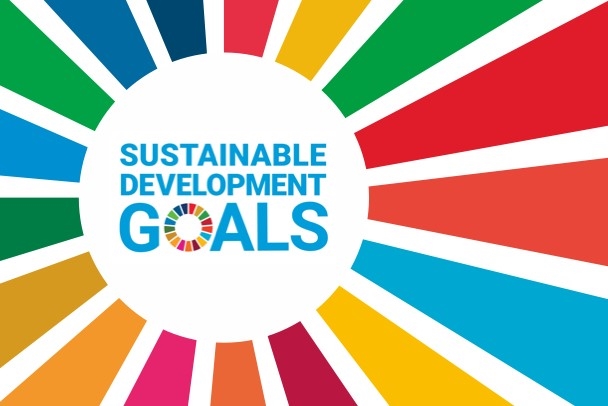Mumbai, May 30, 2024: Global sweet-packaged food company Ferrero Group’s latest report Sustainability Report has demonstrated the company’s considerable headway across its key sustainability pillars: protecting the environment, sourcing ingredients responsibly, promoting responsible consumption and empowering people.
The 15th Sustainability Report was released on Wednesday.
“Ferrero Group recognises the critical role that the company plays in safeguarding nature for future generations. We reaffirmed through concrete engagements that sustainability is embedded in Ferrero’s long-term strategy. All four pillars of our sustainability framework guide every strategic decision we take” said Giovanni Ferrero, Executive Chairman of the Ferrero Group.
“As Ferrero grows and diversifies its portfolio, we continue to value our long-term partnerships, in particular those dedicated to the communities where we operate and where our raw materials are sourced. We believe in the importance of partnerships to achieve progress, to move forward our sector’s social and environmental agenda, and finally to create societal value,” Ferrero added.
The latest Sustainability Report, for the 2022/23 financial year, highlights Ferrero’s continued focus on driving greater transparency across its core-ingredients supply chain, in line with its responsible sourcing approach. In its hazelnut supply chain, Ferrero has now achieved 90% traceability – a significant increase from the 79% reached in previous year 2021/22 – sustained by its continued work with farmers, suppliers, institutions, universities, and research centres to promote and share sustainable farming practices.
In collaboration with partners on the ground, Ferrero has also helped address complex supply chain challenges, like deforestation, across the areas from which it sources ingredients. For example, using satellite mapping to help increase traceability of cocoa back to farm level to 93% in 2022/23. As well as working extensively with cutting edge technology, Ferrero is a long-standing member of the World Cocoa Foundation (WCF) and the International Cocoa Initiative (ICI).
Collaboration has also played a key role in accelerating progress on tackling the causes behind child and forced labour. Ferrero continues to partner with Save the Children, working with 65 communities in the Haut-Sassandra Region in Ivory Coast, one of the main sourcing countries for cocoa, reaching over 18,000 people. Ferrero is also working with Earthworm Foundation and the International Labour Organisation (ILO) across its palm oil and hazelnut supply chains respectively to help support responsible labour practices.
Other highlights from the Ferrero Group’s Sustainability Progress Report include: 90.7% of Ferrero packaging is now designed to be recyclable, reusable, or compostable, up from 88.5% in 2021/22. The company has also achieved a 20% reduction in water intensity at its plants through reduction and reuse initiatives since the base year 2017/18, with a 9.6% decrease compared to 2021/2022. Additionally, the Kinder Joy of Moving project has involved more than 60 million children since its inception in 2005, with 3.4 million children participating in 2022/23 alone.
Ferrero India has accomplished several sustainability goals: 97.95% of its packaging is now designed to be recyclable, reusable, or compostable. The company has reduced its plastic footprint by 15% compared to 2020/21 and cut carbon emissions by 3,455 tons in 2023/24. Through reduction and reuse initiatives, Ferrero India has achieved a 23% reduction in water intensity at its plants since the base year 2017/18, with a 1.2% decrease compared to 2021/2022. Additionally, solar panels covering an area of 30,000 square meters now supply 13% of the factory's energy, reducing carbon emissions by 3,000 tons annually. The Kinder Joy of Moving (KJOM) project, conducted in the state of Maharashtra, now involves over 10,000 children.




















.jpg)



